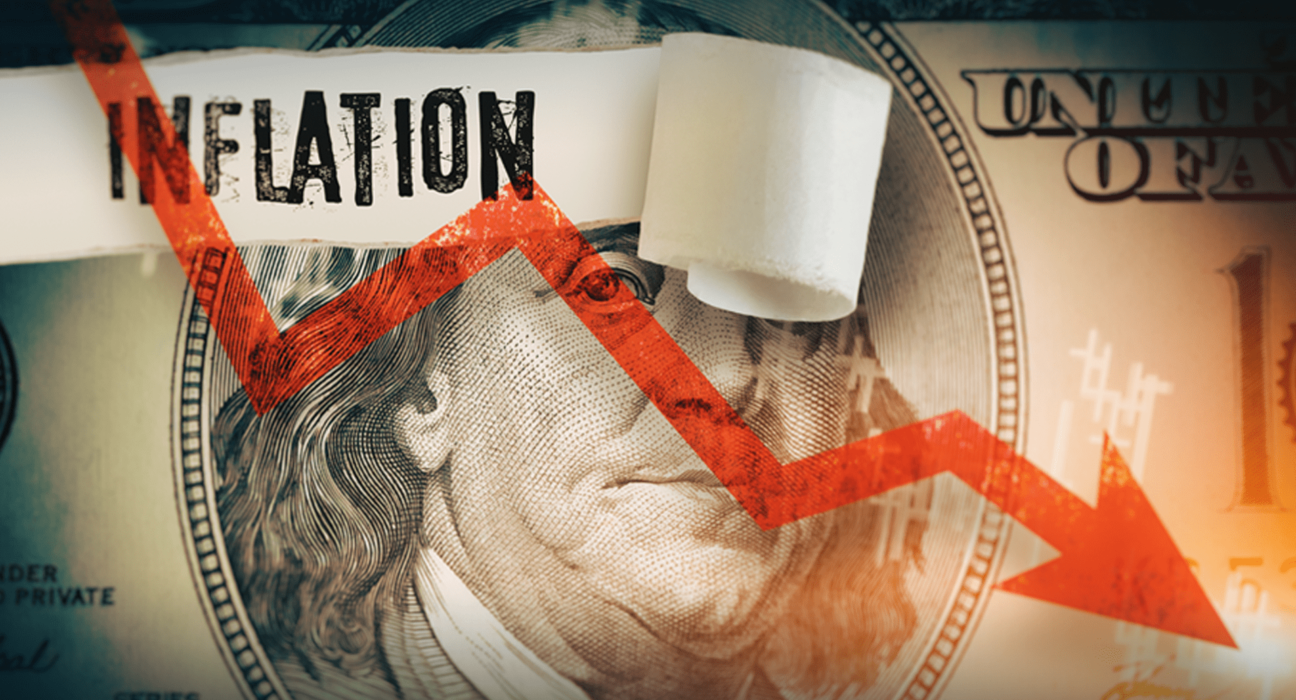The world economy is going through a transitional period since the post-pandemic era, and world financial organizations has been chanting a single word to the global population ever since: inflation.
The influence that inflation has on global financial markets is comprehensive and needs to be untangled accordingly. The relationship between inflation and financial markets is complicated; therefore, defining inflation in simple terms can be resourceful to resolve its complications with the financial markets.
Inflation in a Financial Aspect
Inflation can be described as demand outperforming supply in simple terms, which is simply the soaring of prices leading to supply chain problems.
Moreover, the above definition covers the topic economically and to integrate it in to a financial aspect, it apparently covers the vast topic of rise of prices that cause a decline in spending which eventually leads to an economic recession due to spending failures.
Inflation and Different Financial Markets
Inflation doesn’t necessarily cause chaos in financial markets, in fact high inflation is not bad for some financial markets (stock market) either since it boosts corporate profits.
To have a better understanding about these parameters the main two categories of inflation would be a preferable insight;
- Demand-pull inflation – This type of inflation is caused in an economy due to higher demands, as it causes the prices of goods and services to increase along with demands.
- Cost-push inflation – This an unhealthy type of inflation where the demand remains constant but the supply keeps toppling, due to a variety of political and economic reasons.
Furthermore, identifying the impact of inflation within separate financial markets can be beneficial to clarify the relationship between inflation and financial markets.
Stock Market
In an ideal world, the stock market likes to see sustained growth in prices of around 1% to 3% per year, which is considered low-to-moderate inflation. This environment means that the value of the dollar remains more stable, the demand for goods and services holds steady, and prices are predictable.
Source: St. Louis Federal Reserve
The above graph indicates the purchasing power of the average U.S. citizen over a span of 60 years, as it is clear that it shows the purchasing power decreasing gradually, what needs to be known is that when annual inflation climbs above this level (1% -3%), the stock market is overcome by uncertainty, volatility and slowing consumer spending. This in turn leads to lower economic growth, which is bad news for investors and causes valuation concerns that can lead to weak stock market performance.
Currency Market
During times of high inflation, foreign goods and services become more attractive to consumers and businesses as they’re cheaper. This means that imports will increase. Consequently, this causes an increase in the currency supply in forex markets which results in a depreciated currency.
Bond Market
Bond market is a fixed income that operates very delicately therefore, fixed income investments are impacted significantly due to inflation. As inflation rises, the interest rates for fixed income instruments remain the same, triggering investors to explore or invest in alternative investments in order to get returns higher than inflation rate (in order to beat inflation). The interest rates generated through fixed-income investments are generally lower as compared to the higher rate of inflation.












